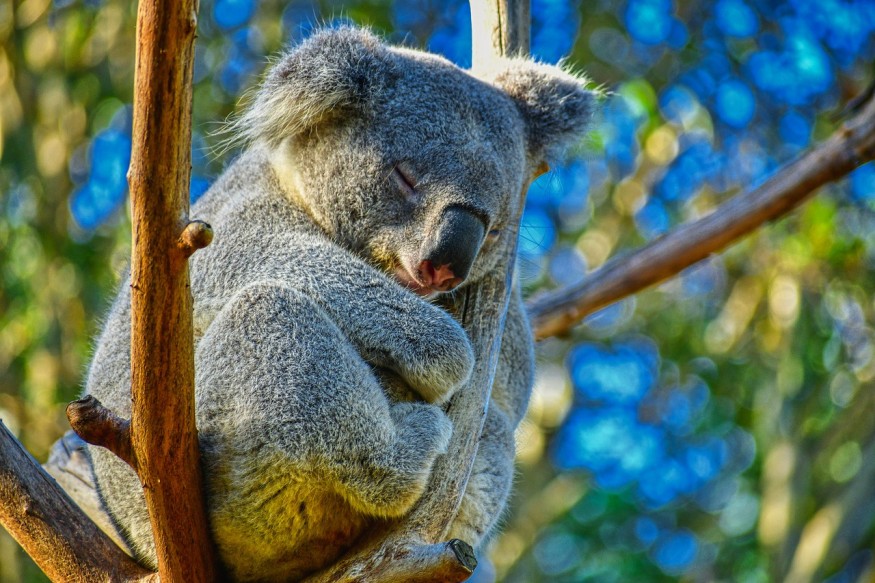
Koalas infected with chlamydia may be able to help us produce a vaccine from this widespread STD (or sexually transmitted disease). Chlamydia is a bacterium that is acting like a virus, and it has infected many vertebrates, including frogs, parakeets, fish, and yes, even koalas and humans.
Such a shared susceptibility to chlamydia led researchers to consider saving and studying koalas to develop a cure for people.
University of the Sunshine Coast Queensland microbiologist Peter Timms says researchers can give koalas a chlamydia vaccine and observe if it works under actual conditions. Timms has worked for a decade on developing a vaccine for the disease for koalas. He is currently conducting trials on wild specimens and hopes that the vaccine will be ready for widespread use soon.
Chlamydia in koalas can cause severe inflammation, scarring, and massive cysts in their reproductive tract. The chlamydia bacteria in koalas is remarkably similar to human chlamydia, because of their highly conserved and tiny genome, with active genes numbering only 900. This is a lot fewer than most infectious species of bacteria.
The vaccine being developed by Dr. Timms and his team may provide insights on the development of a human vaccine. Chlamydia is the most common STD in humans, having 131 million new infections every year. It can stay in the reproductive tract for years, and infections can cause ectopic pregnancy, inflammatory disease in the pelvis, and infertility. Chlamydia may affect male fertility as well, damaging sperm and causing congenital disabilities.
These clinical signs are seen in chlamydial infections both in koalas and humans. In koalas, however, it is more severe, with the infection rapidly ascending the animal's urogenital tract and even going to its bladder. Timms says the koala can be the ideal animal model for researching chlamydia and chlamydia vaccine development.
Dr. Timms said that instead of treating sick koalas, a vaccine would protect them from future infections and prevent the mother from passing it to her newborn. The vaccine trials developed by Dr. Timms and Queensland University of Technology immunology professor Dr. Kenneth Beagley showed that it takes effect in two months and is safe.
Furthermore, one-shot immunizes the koalas for their whole reproductive life. Optimizing it for field use is their next step. And after the trial, Timms hopes for the approval for mass vaccinations by the government in the northern part of Australia.
Timms' work with koalas made him realize that they are so much like us, in the sense that they can also be naturally infected by several chlamydia strains and have the same reproductive symptoms, such as infertility. This makes the koala, he says, be the ideal model animal.
University of North Carolina Pediatric Infectious Diseases Division chief Dr. Toni Darville and colleagues got a 10.7-million dollar grant to develop a chlamydia vaccine for humans. It was awarded by the National Institute of Allergy and Infectious Diseases. It is not yet certain how koala chlamydia research and vaccine will contribute to human chlamydia vaccine development, but human chlamydia research has already certainly benefited koalas.
© 2025 NatureWorldNews.com All rights reserved. Do not reproduce without permission.





